Earth's Systems

Educators and Parents, Sign Up for The Cheat Sheet
Weekly updates to help you use Science News Explores in the learning environment
Thank you for signing up!
There was a problem signing you up.
-
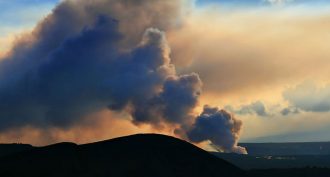 Earth
EarthCool Jobs: Getting to know volcanoes
It’s too hot to explore the insides of a volcano. These scientists examine their lava, their low-frequency rumblings and their ‘vog’.
By Ilima Loomis -
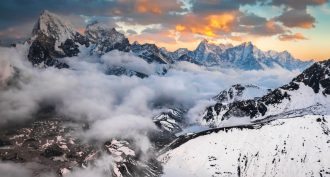 Earth
EarthCool Jobs: Mapping the unknown
Scientists find different ways of exploring places humans will never visit — and drawing maps to help us better understand such mysterious places.
By Ilima Loomis -
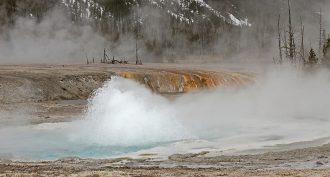 Earth
EarthCarbon dioxide could explain how geysers spout
A new study overturns 150 years of thinking about Yellowstone’s geysers. Carbon dioxide, not just hot water, may be driving those spectacular eruptions.
-
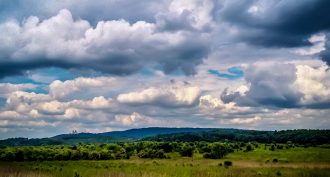 Chemistry
ChemistryParticles in air help fatten clouds’ water droplets
Making their own clouds has shown scientists how the fattest water droplets form. Understanding this could lead to better forecasts of climate change.
-
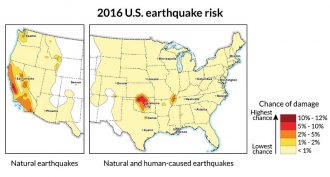 Earth
EarthQuake risk in some central states rivals California’s
Risks of tremors in some central U.S. states are as high as those in quake-prone California. The reason: waste fluids from oil and gas drilling.
-
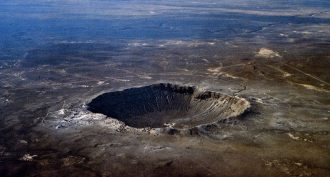 Chemistry
ChemistrySmash hit: Making ‘diamond’ that’s harder than diamonds
Scientists had suspected extreme meteorite impacts might turn graphite into an unusual type of diamond. Now they’ve seen it happen — in under a nanosecond.
By Beth Geiger -
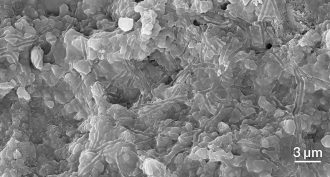 Earth
EarthBubbles may have sheltered Earth’s early life
For Earth’s earliest inhabitants, a bubble on the beach would have been the next best thing to a safety blanket.
By Meghan Rosen -
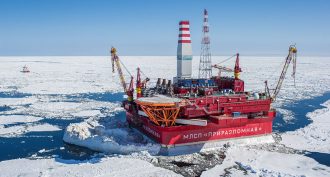 Oceans
OceansArctic ice travels fast, carrying pollution
Climate change is melting old sea ice in the Arctic. Now, younger, thinner ice is migrating far and fast, taking pollutants with it.
-
 Earth
EarthMystery ‘earmuffs’ sit deep inside Earth
Two vast blobs in Earth’s lower mantle could result from a “trainwreck” of ancient colliding tectonic plates.
By Beth Geiger -
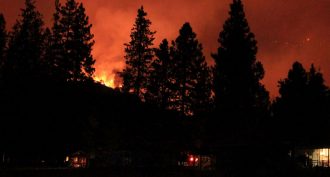 Climate
ClimateConcerns about Earth’s fever
Burning fossil fuels is causing the planet to heat up, causing weather patterns to change, sea levels to rise and diseases to spread.
-
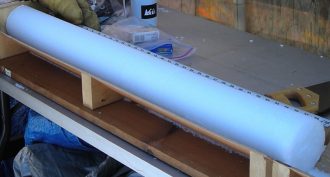 Climate
ClimateExplainer: How scientists know Earth is warming
Scientists can calculate global temperatures, both present and past. Their findings show that the planet is rapidly heating up.
-
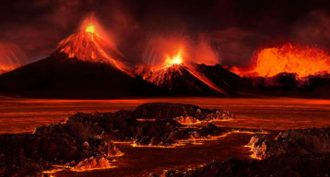 Fossils
FossilsClues to the Great Dying
Millions of years ago, nearly all life on Earth vanished. Scientists are now starting to figure out what happened.
By Beth Geiger